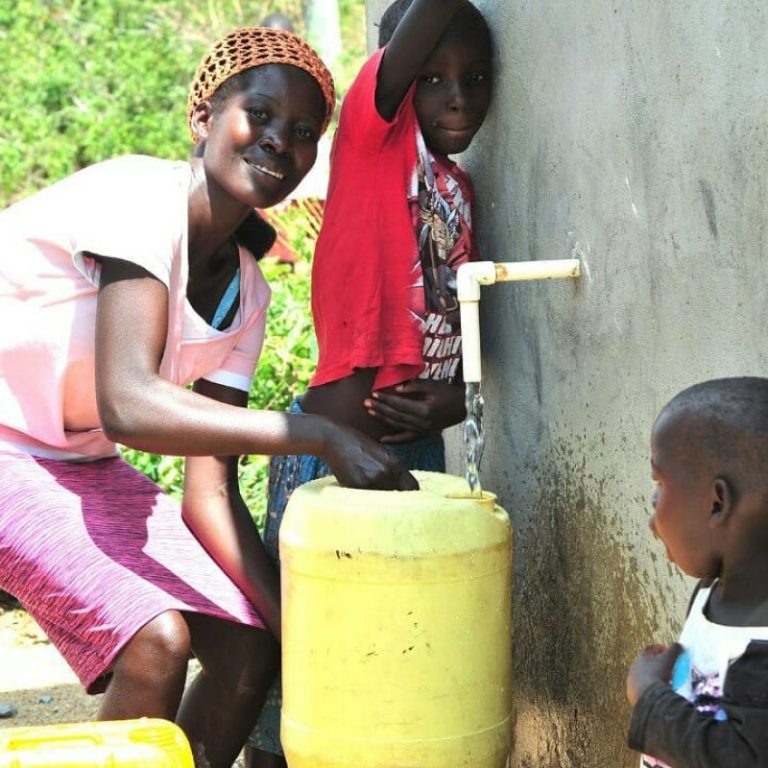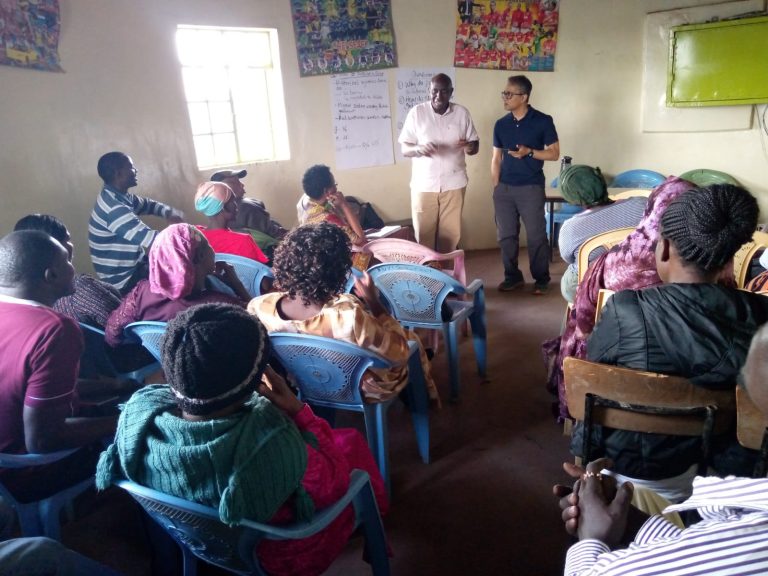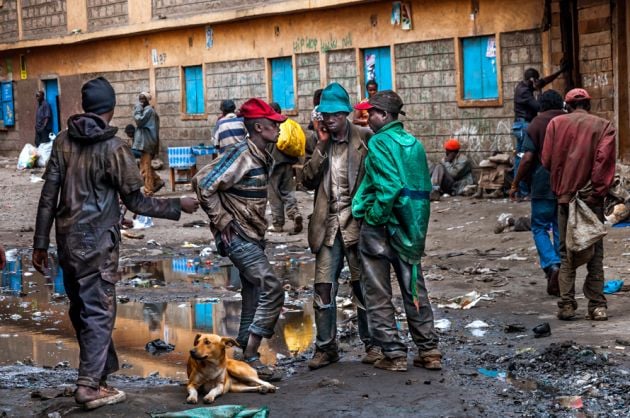Access to clean water, sanitation, and hygiene (WASH) is a fundamental human right, as emphasized by Kenya’s Water Act of 2016. However, millions of Kenyans, particularly in arid and semi-arid lands (ASAL), still face barriers to safe water and adequate sanitation. Tackling these challenges requires more than just policy discussions—it demands targeted, research-driven strategies to ensure sustainable solutions.
In this article, we explore how research plays a pivotal role in shaping WASH policies in Kenya. We’ll discuss the importance of data, key research areas, policy influence, and how organizations like Maji Na Ufanisi (MnU) contribute to research and advocacy efforts that enhance WASH programs across the country.
A Detailed Explanation of WASH Research in Kenya
Research has long been a powerful tool in influencing public policies, and Kenya’s WASH sector is no exception. The ability to collect, analyze, and utilize data allows policymakers and stakeholders to make informed decisions, address the gaps in service delivery, and promote equitable access to water, sanitation, and hygiene.
1. Identifying Gaps Through Evidence-Based Research
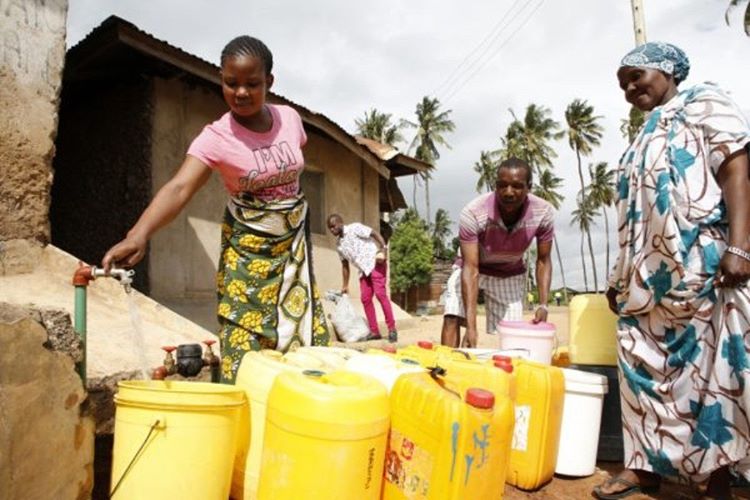
Kenya’s water scarcity is not just a result of climate change but also a reflection of gaps in infrastructure, governance, and community engagement. Research helps identify these gaps by providing data on water sources, population growth, pollution levels, and regional needs. Through field studies, surveys, and historical data analysis, researchers pinpoint the most vulnerable populations and regions with limited WASH access, such as informal settlements and rural areas.
This research-driven approach ensures that WASH programs and policies are tailored to local realities, preventing blanket solutions that may not be effective in every region. For example, the needs of an urban slum in Nairobi are vastly different from those of a rural village in Turkana, which faces severe droughts.
2. Monitoring and Evaluating WASH Projects
Another significant aspect of research in the WASH sector is monitoring and evaluation (M&E). Programs that fail to assess their impact risk becoming unsustainable or ineffective. In Kenya, M&E frameworks are crucial for evaluating whether WASH policies have a real impact on the ground.
By collecting ongoing data on water consumption, sanitation facility use, and community health, M&E enables continuous improvement. This process also fosters accountability by ensuring that organizations and government bodies meet their objectives and use resources efficiently.
3. Climate Change and WASH: Linking Research to Adaptation Policies
Climate change is a pressing issue for Kenya, particularly in ASAL areas where droughts are more frequent and severe. Research in this area provides critical insights into how WASH systems can adapt to changing climatic conditions. Studies on rainfall patterns, water table fluctuations, and drought resilience inform policies that focus on sustainable water sourcing and climate-resilient infrastructure.
For instance, research has led to the adoption of rainwater harvesting systems and the construction of dams in drought-prone areas. These research-backed interventions have been pivotal in building the resilience of communities who otherwise would struggle with inconsistent water supply.
4. The Role of Local Communities in WASH Research
Local communities are key stakeholders in the WASH sector. Community-based participatory research (CBPR) engages locals in identifying their own challenges and potential solutions. In Kenya, this approach has been particularly effective in rural and marginalized areas, where traditional top-down policy strategies often overlook community needs.
By involving communities in the research process, stakeholders can gather more accurate data and foster a sense of ownership over WASH projects. This leads to greater acceptance and sustainability of implemented policies and programs.
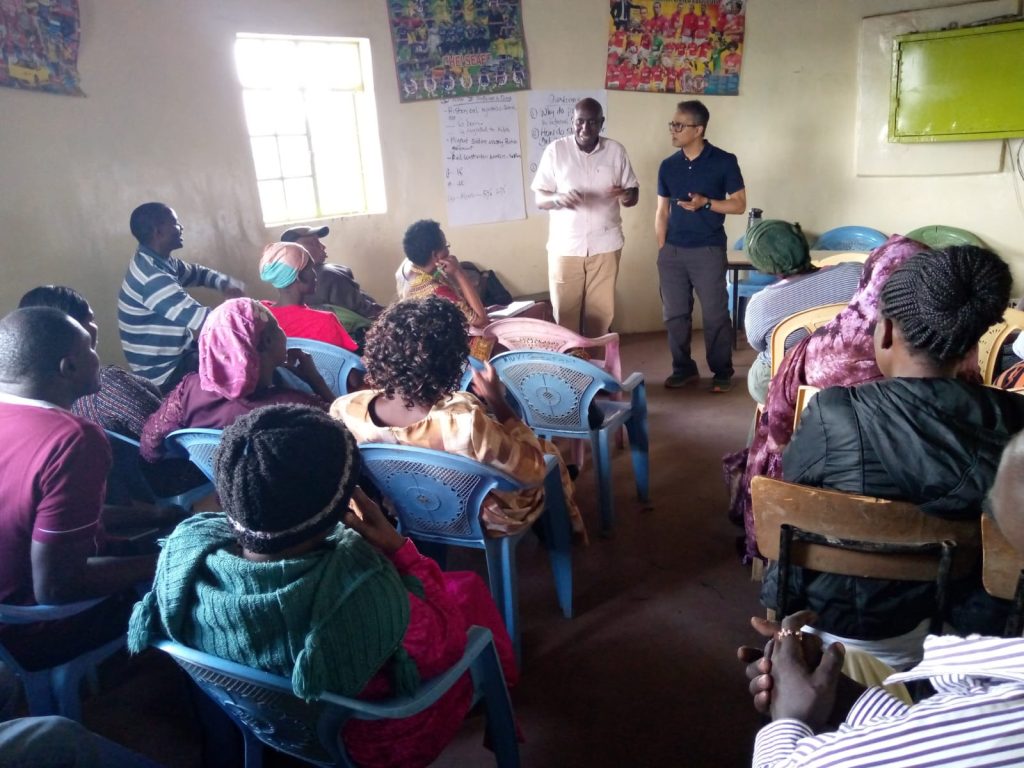
5. Gender and WASH: Informing Inclusive Policies
Research has also highlighted the gendered impact of WASH services. In many Kenyan communities, women and girls bear the primary responsibility for fetching water, often walking long distances, which affects their education and economic opportunities. Gender-disaggregated data has revealed these disparities, leading to policies that focus on reducing the burden on women, such as closer access to water points and inclusive sanitation facilities in schools.
These gender-focused insights are essential for achieving Sustainable Development Goal (SDG) 6, which calls for clean water and sanitation for all by 2030, while ensuring that no one is left behind.
Here’s Everything Else You Need to Know About Research and WASH Policy in Kenya
Effective WASH policies in Kenya hinge on the ability to understand, address, and adapt to the diverse needs of the population. Research not only helps shape the policies themselves but also ensures that they evolve over time based on new data and emerging challenges. The continuous feedback loop between research and policy allows for dynamic, responsive, and sustainable WASH systems.
Now that we’ve covered the foundational role of research in shaping Kenya’s WASH policies, let’s delve into how specific organizations contribute to this effort.
How Maji Na Ufanisi Is Leading the Way in WASH Research
Maji Na Ufanisi (MnU), a key player in Kenya’s WASH sector, has long been at the forefront of research-driven policy advocacy. The organization’s deep commitment to evidence-based approaches has positioned it as a thought leader in water and sanitation governance.
1. Policy Advocacy Through Research
MnU actively engages in research to advocate for inclusive and sustainable WASH policies. The organization collaborates with various networks like the Kenya Water and Sanitation Civil Society Network (KEWASNET) to ensure that the needs of marginalized communities are represented in national and county-level policy dialogues.
2. Capacity Building and Community Research
In addition to high-level policy advocacy, MnU works closely with communities to build their capacity for WASH management. By involving local organizations in the research process, MnU ensures that the voices of those most affected by water scarcity and poor sanitation are heard.
The organization’s community-based approach empowers people to participate in decision-making, thereby creating a more inclusive WASH policy landscape.
3. Research on Climate Resilience
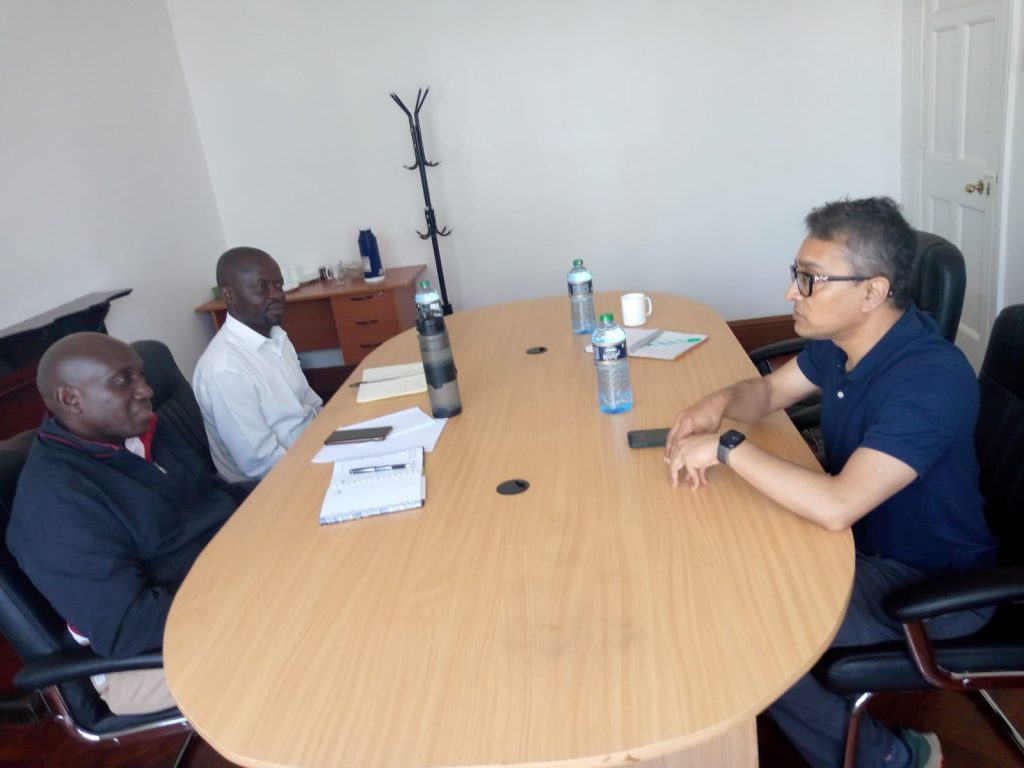
Given Kenya’s vulnerability to climate change, MnU’s research extends into understanding how WASH systems can be made more resilient to climate shocks. The organization’s work in ASAL areas provides valuable data on how communities can adapt to water shortages, ensuring that policy recommendations are rooted in practical, on-the-ground insights.
Conclusion: The Path Forward for WASH in Kenya
Research is not just a tool for understanding problems; it’s a catalyst for change. In Kenya, the role of research in shaping WASH policies is undeniable—it provides the evidence needed to craft solutions that are both effective and sustainable. By identifying gaps, monitoring progress, and adapting to climate challenges, research ensures that Kenya’s WASH sector evolves to meet the needs of its people.
Maji Na Ufanisi continues to lead the way in evidence-based WASH advocacy, demonstrating the importance of community engagement, gender-sensitive policies, and climate adaptation strategies. With ongoing research efforts, the dream of “Water for All” in Kenya can become a reality.
FAQs
- What is WASH in the context of Kenya?
WASH stands for Water, Sanitation, and Hygiene, critical components for health and well-being in Kenya’s urban and rural communities.
- Why is research important in WASH policy?
Research identifies gaps, provides data, and informs policies that ensure sustainable and equitable access to clean water and sanitation.
- How does climate change affect WASH in Kenya?
Climate change increases water scarcity and impacts sanitation infrastructure, making research vital for climate-resilient WASH policies.
- What role do local communities play in WASH research?
Local communities provide firsthand insights, ensuring that policies are relevant and responsive to their needs.
- What is Maji Na Ufanisi’s approach to WASH research?
Maji Na Ufanisi uses community-based research and policy advocacy to ensure that marginalized groups have access to WASH services.
- How does research help in gender-inclusive WASH policies?
Research reveals gender disparities in water access, guiding policies that reduce the burden on women and girls.
- What are some challenges in Kenya’s WASH sector?
Challenges include water scarcity, inadequate sanitation infrastructure, and the impact of climate change.
- How does M&E support WASH projects?
Monitoring and evaluation provide data to assess the effectiveness of WASH policies and programs, ensuring accountability.
- What are some research-backed WASH solutions in Kenya?
Solutions include rainwater harvesting, community-managed water points, and inclusive sanitation facilities.
- How is Maji Na Ufanisi involved in WASH climate resilience?
MnU conducts research to promote climate-adaptive WASH solutions, particularly in drought-prone areas like ASAL.

